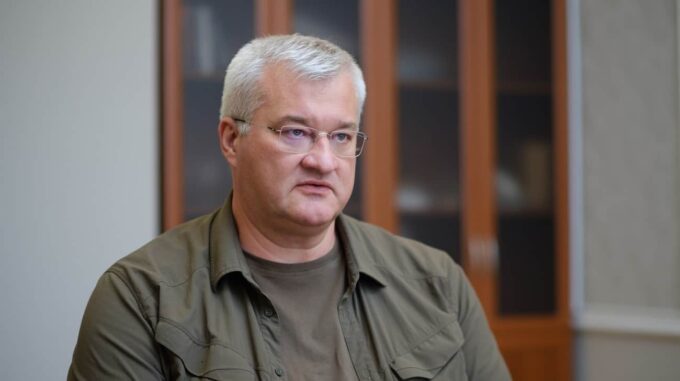Russia refuses to listen to diplomatic means and breaks all boundaries of civility in its attempt to continue the war

This was stated by Ukraine’s Minister of Foreign Affairs, Andrii Sybiha, who called on the international community to act more decisively in response to recent statements from Moscow on high platforms and a hint at the Kremlin’s readiness to hold the war “as long as needed.” The diplomat shared this in a post on X (formerly Twitter), referencing recent events, including the remarks of the Russian ambassador to the UN, Nebenzya, who openly declared during a Security Council meeting his intention to continue the fight and escalate military activity without any restrictions. Ukraine’s top diplomat emphasized that all countries around the world are urging a quick ceasefire and the start of real diplomacy aimed at establishing peace and stability. Meanwhile, Russia is openly demonstrating its aggressive stance, using diplomatic platforms to voice so-called “military” statements that even contradict the most basic international agreements. According to Sybiha, this is an outright challenge to the entire international community striving to end the bloodshed. The minister pointed out that Nebenzya’s words about wanting to keep the war “as long as necessary” are not only a challenge to Ukraine and its partners but also to all states advocating for peace and stability globally, including Western Europe, China, Brazil, and other influential players on the world stage. He stressed that such rhetorical statements constitute an “open contempt” for international efforts and compel the world to act more quickly and decisively. “We all need to respond to Russia’s brazen position. It’s time to speak to them in the language of sanctions and to intensify support for Ukraine. They do not understand diplomacy in a malicious way, so we must act through economic pressure and strengthen our steps in the fight for peace,” stated Ukraine’s head diplomat. In general, he added, calls for tough measures against Moscow are growing louder worldwide. In his view, now is precisely the time for the international community to impose the harshest sanctions and pressure, which would serve as a signal to Russia that its words and actions have serious consequences. “The most important thing is to support Ukraine and to push back against the aggression Russia openly demonstrates at every step, and to ensure that its brazen rhetoric receives an appropriate response,” Sybiha emphasized. A significant context for this is the recent political statements in the USA, where leaders are calling for increased sanctions and more decisive actions against Russia. Ukrainian President Volodymyr Zelensky recently emphasized the need to intensify efforts by partners, particularly the USA and the European Union, to counter Russian aggression, which has recently intensified again due to nightly missile strikes on Kharkiv and other Ukrainian cities. At the same time, former US President Donald Trump, who is running again in the 2024 presidential elections, announced his intention to consider imposing new sanctions against Russia but later declined to do so, thereby halting any additional restrictions out of concern for worsening prospects for peace agreements or “spoiling” negotiations. Overall, international pressure on Russia continues to grow, but Moscow’s negative discourse remains largely unwavering. The world calls for unity and firmness in resisting aggression, while Russia’s unyielding stance only creates additional challenges for diplomacy and global stability. Ukraine can only continue to hope for ongoing support from its partners and demonstrate firmness in the fight for its future.

